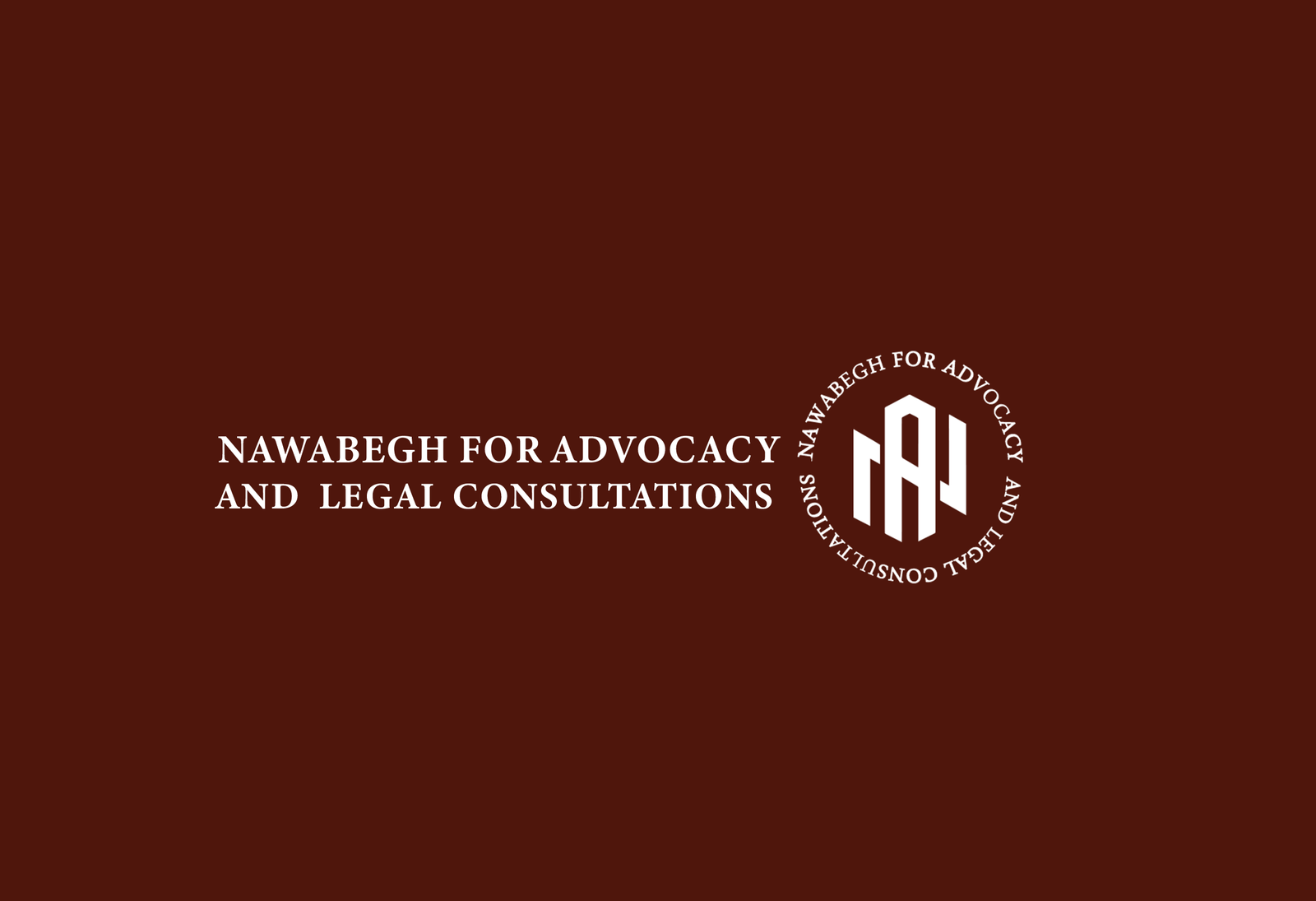
 Administrative Law
Administrative LawIncludes any action taken by a government entity that results in legal effects, such as licenses, sanctions, or circulars.
Contracts made by government agencies with individuals or companies to provide services or implement public projects, governed by special rules.
Government employees are subject to disciplinary systems that regulate their conduct and define procedures for accountability in case of violations.
Administrative courts (Board of Grievances) have jurisdiction to review appeals against government agencies and resolve disputes related to decisions or contracts.
Government agencies issue executive regulations to implement laws and ensure public interest.
Filing complaints and appeals with competent authorities or the Board of Grievances against unlawful government decisions.
Litigating administrative cases and defending individuals’ or companies’ rights against governmental decisions or contracts.
Preparing and reviewing contracts with government agencies, ensuring they comply with applicable laws and regulations.
Providing legal advice to government employees and institutions on appointment, promotion, transfer, or disciplinary matters.
Seeking amicable settlement of disputes with government bodies before litigation to reduce legal consequences on clients.
Helping governmental or semi-governmental entities draft internal policies in line with applicable administrative systems.